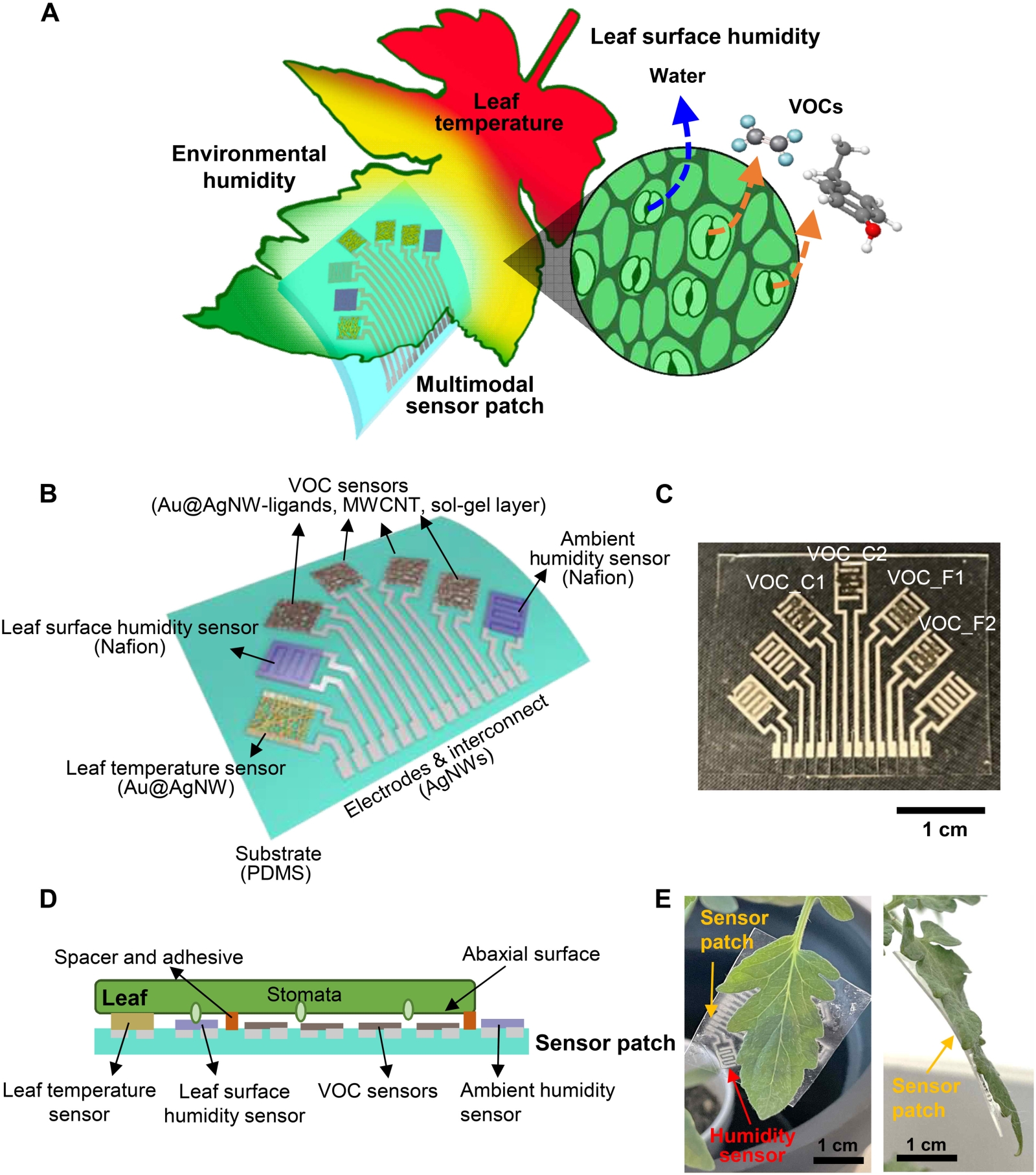April 14, 2023 | SCIENCE ADVANCES
Researchers at North Carolina State University conducted a study on wearable plant sensors, which have the potential to revolutionize smart agriculture. The study focused on the development of a wearable sensor that can be attached to the lower surface of plant leaves to continuously monitor plant physiology. This sensor is capable of tracking both biochemical and biophysical signals of the plant and its microenvironment. It integrates sensors for detecting volatile organic compounds (VOCs), temperature, and humidity into a single platform.
The researchers strategically chose the abaxial leaf attachment position based on stomata density to enhance the sensor's signal strength. This versatile platform can be used for various stress monitoring applications, such as tracking plant water loss and detecting plant pathogens at an early stage.
Furthermore, the study involved the development of a machine learning model that can analyze the data collected by the multichannel sensor. The model demonstrated the ability to detect the presence of the tomato spotted wilt virus as early as 4 days after inoculation. It also evaluated different combinations of sensors for early disease detection and concluded that at least three sensors, including the VOC sensors, are required.
Overall, the study showcases the potential of wearable plant sensors in advancing agricultural practices by enabling real-time monitoring and early detection of plant stresses and diseases.






